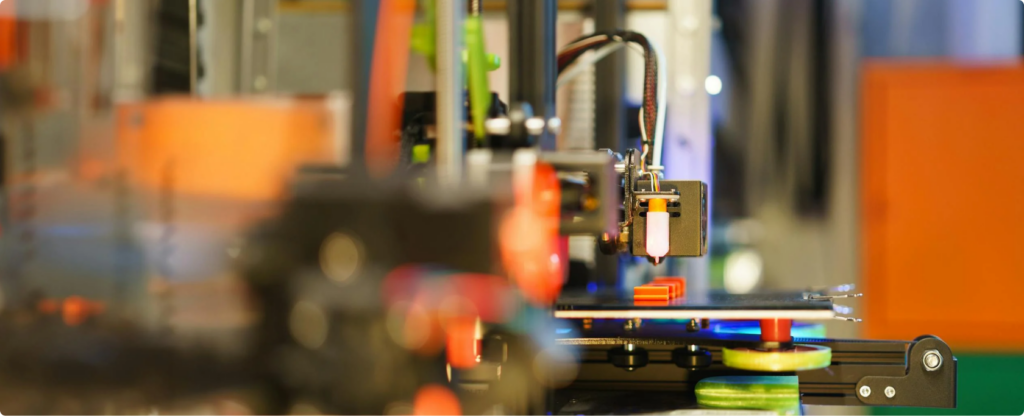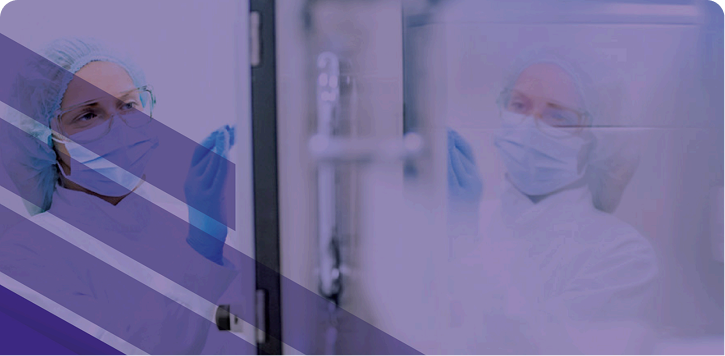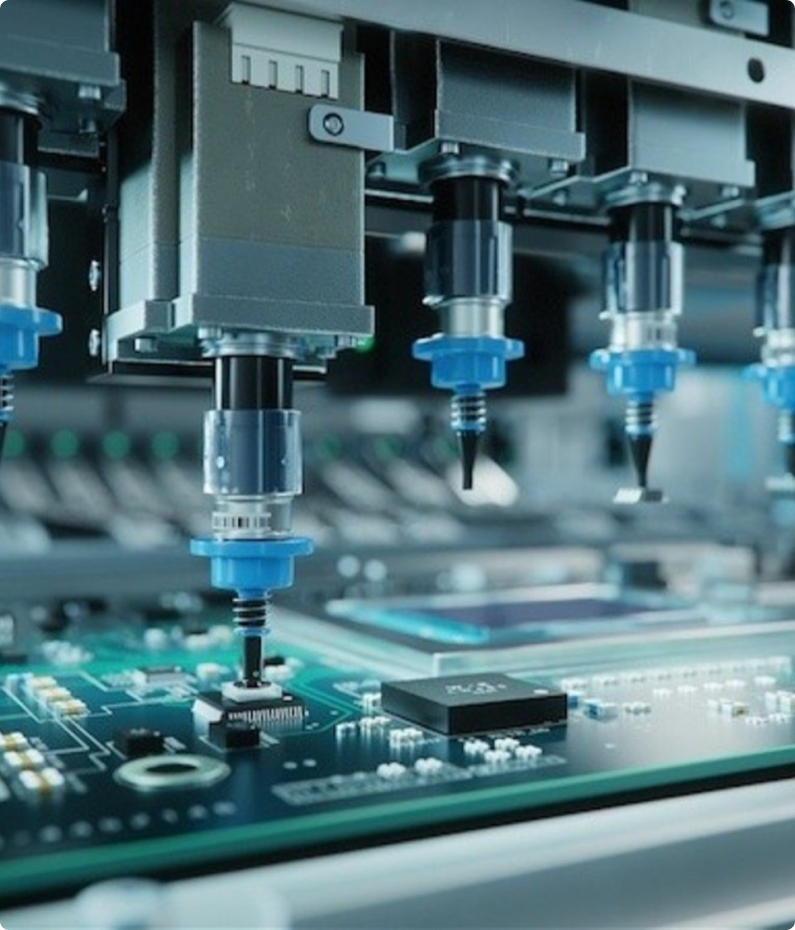Akridata Named a Vendor to Watch in the IDC MarketScape for Worldwide Data Labeling Software Learn More
Transform Manufacturing with AI-Driven Image Inspection
AI Solutions for Manufacturing: Akridata's Vision AI Platform
Achieve precision and efficiency in manufacturing with Akridata’s AI manufacturing solutions. Our Vision AI for manufacturing ensures real-time defect detection and consistent product quality across production lines.

Why Choose Akridata’s AI for Manufacturing Solutions?
Manufacturers today face critical challenges such as:
- Increasing production volumes requiring faster quality checks.
- Manual inspection inefficiencies that AI in manufacturing can overcome by automating visual checks.
- High costs associated with product recalls and downtime.
Akridata Solves Key Industry Problems with AI in Manufacturing
- AI for manufacturing to automate defect detection at scale.
- Improve inspection accuracy through Vision AI for manufacturing.
- Reduce false positives and negatives in production lines.

Industries That Benefit from AI for Manufacturing Industry
Akridata’s AI manufacturing solutions support key industries including medical devices, agriculture, automotive, and electronics with specialized Vision AI for manufacturing quality control.
Medical Devices
Enhance product safety and compliance.
Agriculture
Monitor produce quality in real time.
Automotive
Ensure structural integrity and defect-free assembly lines.
Electronics
Streamline high-volume inspections with precision.
How AI Manufacturing Solutions Work with Akridata
Customize Feature Representation
Use Akridata’s Data Explorer to classify and analyze images captured by your vision systems. Tailored to your specific production environment.
Organize and Explore
Segment production data into distinct categories using clustering techniques, ensuring clear identification of pass/fail instances.
Surface Anomalies with Advanced Analytics
Detect and address production variations, reducing errors and enabling efficient troubleshooting.
Customer Success Story
How Vision AI for Manufacturing Helped an Electronics Company Reach 99% Accuracy
By integrating Akridata’s Vision AI for manufacturing, a leading electronics manufacturer achieved 99% defect detection accuracy and reduced inefficiencies across production lines.
- 99% defect detection accuracy.
- Reduced false positives and operational inefficiencies.
- Enhanced production line efficiency without compromising speed.

FAQs on AI in Manufacturing Solutions
Akridata’s Vision Copilot uses deep learning to classify images captured by vision systems on manufacturing lines. It minimizes false positives and negatives, helping manufacturers identify defects more accurately, improving product quality, and reducing waste.
Akridata offers automated dataset curation, ensuring data diversity and optimizing model performance. Its intelligent tools help select high-quality data, improving the effectiveness of AI model training.
The solution utilizes advanced clustering and deep learning techniques to organize and classify visual data. By accurately distinguishing between “pass” and “fail” categories, it significantly reduces false positives, preventing unnecessary rework and ensuring only defective products are flagged.
Akridata’s solution is versatile and supports various industries, including medical devices, agriculture, automotive, and rail transportation, offering tailored image analysis to meet the specific quality inspection needs of each sector.
Manufacturers can expect a significant reduction in false positives (up to 40% as highlighted in customer success stories), improved product quality, fewer recalls, and lower operational costs, ultimately boosting overall efficiency.
AI improves inspection accuracy, reduces manual errors, accelerates production timelines, and enhances overall manufacturing quality control.
Vision AI uses computer vision and deep learning to detect defects and monitor quality. Akridata leverages this to deliver highly accurate inspections across multiple industries.
Ready to Transform Your Manufacturing Process?
Don’t let inefficiencies hold back your growth. Experience the benefits of AI in manufacturing with Akridata’s visual inspection systems.
